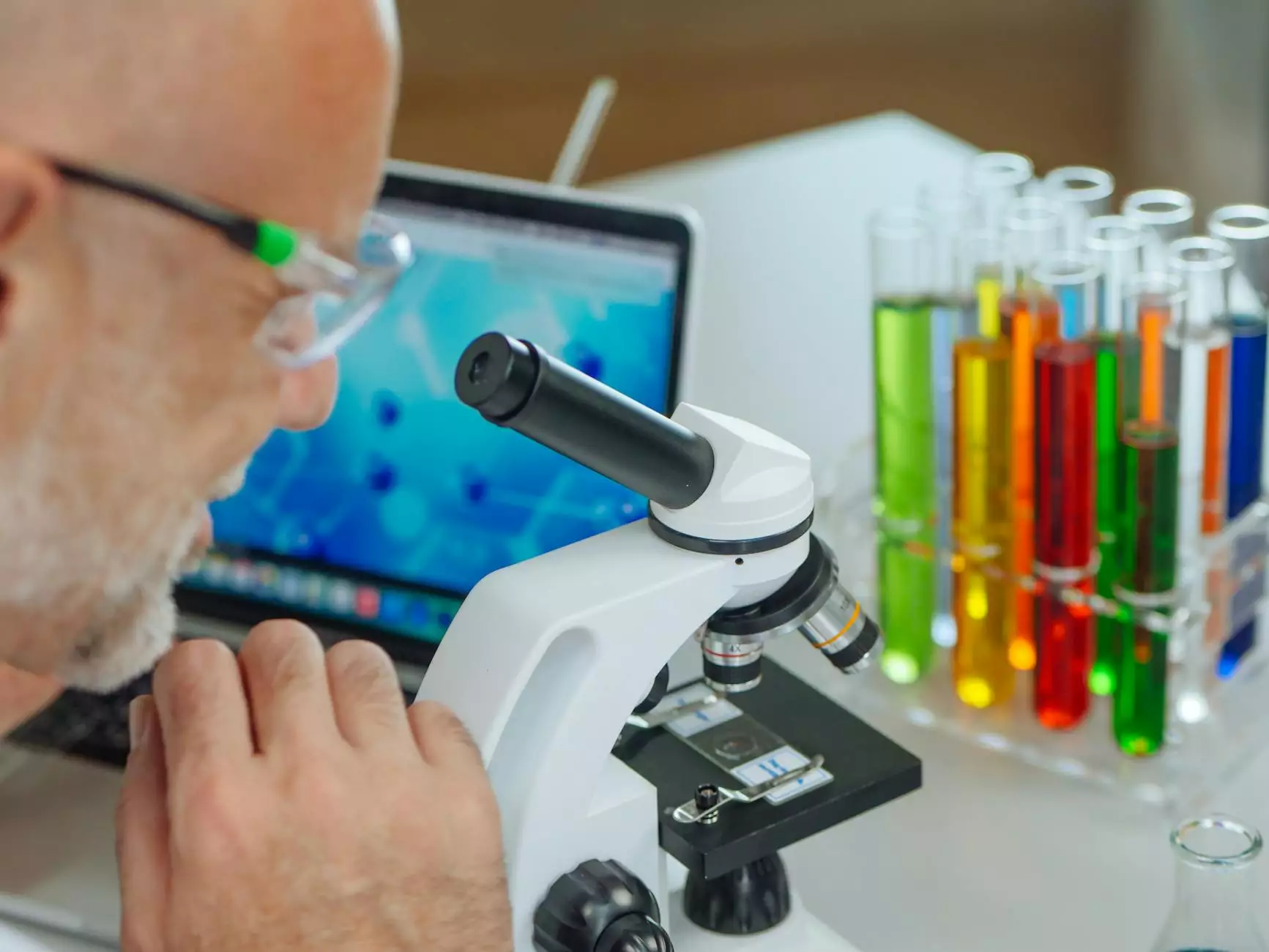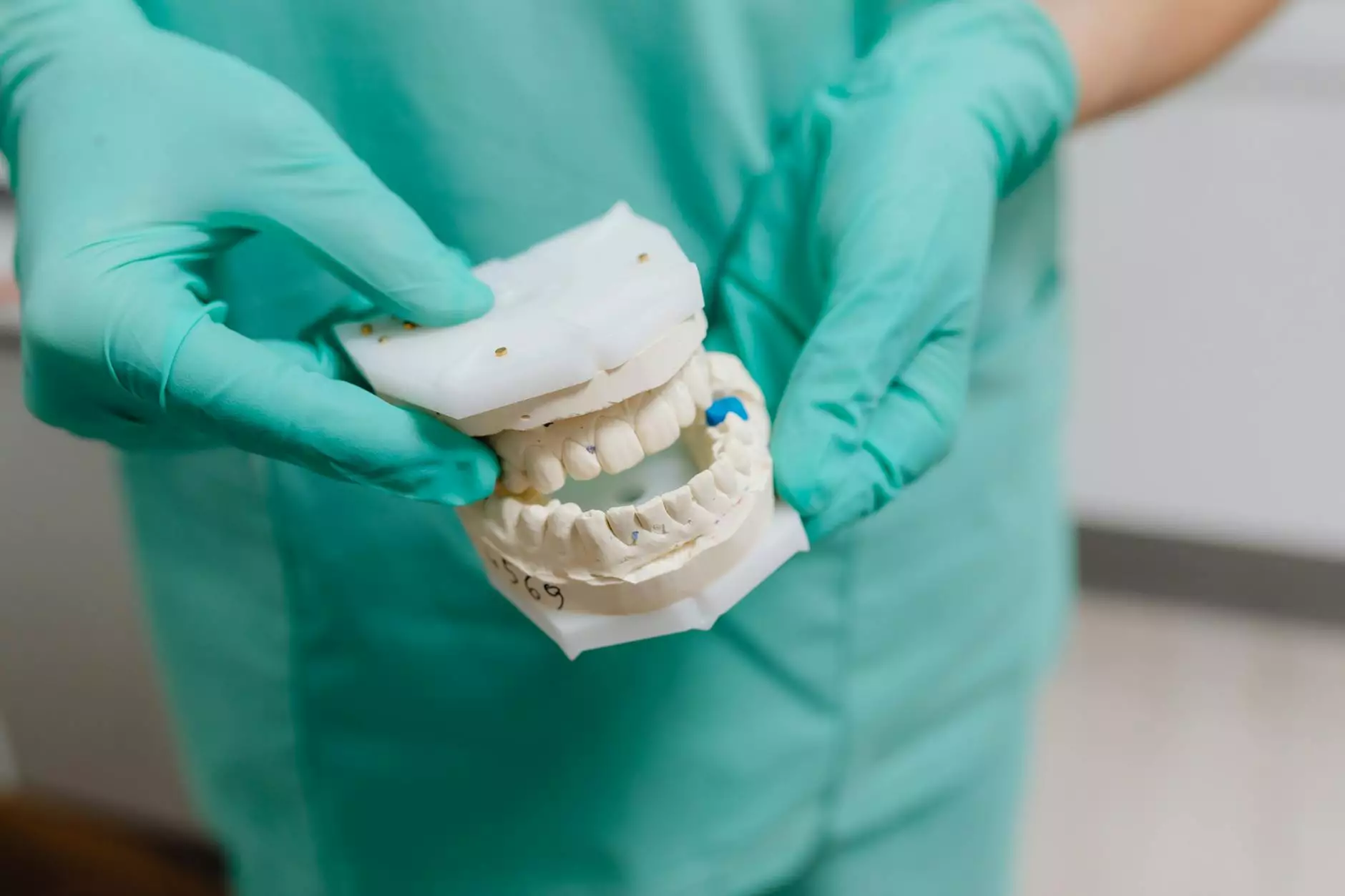Omega 3 for ADHD: Unlocking the Benefits

Attention Deficit Hyperactivity Disorder (ADHD) is a common neurodevelopmental disorder that affects millions of children and often continues into adulthood. Individuals with ADHD may struggle with inattention, hyperactivity, and impulsivity. While traditional treatments often include medications and behavioral therapies, there is growing interest in natural supplements, particularly omega-3 fatty acids, and their potential role in managing ADHD symptoms.
Understanding Omega 3 Fatty Acids
Omega 3 fatty acids are essential fats that the body cannot produce on its own, thus requiring them to be obtained through diet. They play a critical role in brain health and development. The two primary types of omega-3 fatty acids are:
- Eicosapentaenoic Acid (EPA) - Primarily found in fish and algae.
- Docosahexaenoic Acid (DHA) - Found largely in the brain and nervous tissue, crucial for cognitive functions.
Both of these omega-3 fatty acids offer significant health benefits, especially concerning brain function and development, making them particularly relevant for individuals with ADHD.
How Omega 3 Affects ADHD Symptoms
Research suggests that individuals with ADHD often have lower levels of omega-3 fatty acids compared to those without the disorder. This deficiency may affect the brain's ability to function optimally, leading to worsened symptoms. Here’s how omega-3 fatty acids, particularly DHA and EPA, contribute to managing ADHD:
1. Enhancing Brain Function
Omega-3 fatty acids are vital components of neuronal membranes, influencing cell signaling and neurotransmitter activity. DHA, in particular, is crucial for the development and functioning of brain cells. Studies indicate that higher dietary intake of omega-3s correlates with improved cognitive performance and better attention capabilities.
2. Reducing Inflammation
Inflammation in the brain can exacerbate ADHD symptoms. Omega 3 has well-documented anti-inflammatory properties that may assist in reducing inflammatory markers in the body, leading to improved brain health.
3. Modulating Neurotransmitters
Omega-3 fatty acids are known to influence the levels of neurotransmitters such as serotonin and dopamine, which play significant roles in mood regulation and behavioral control. By fostering a more balanced neurotransmitter profile, omega 3 can help mitigate symptoms of impulsivity and hyperactivity commonly seen in ADHD.
Research and Studies on Omega 3 for ADHD
Multiple studies have investigated the relationship between omega-3 supplementation and its effects on ADHD. Here are some of the key findings:
- A 2013 Meta-Analysis found that omega-3 supplementation resulted in a significant reduction in ADHD symptoms, particularly in children.
- A 2016 study showed that children with ADHD who received omega-3 supplements had improved attention spans and behavioral control compared to those who did not.
- Research in 2020 indicated that combining omega-3 fatty acids with traditional ADHD treatments may enhance overall effectiveness and lead to better long-term management of the disorder.
These findings underscore the potential of omega-3 fatty acids as a complementary approach to traditional ADHD treatments.
Sources of Omega 3 Fatty Acids
For individuals looking to increase their omega-3 intake, several dietary sources are available:
- Fatty Fish: Salmon, mackerel, sardines, and trout are rich in EPA and DHA.
- Seeds and Nuts: Flaxseeds, chia seeds, and walnuts are excellent plant-based sources of alpha-linolenic acid (ALA), a precursor to omega-3.
- Algal Oil: For those not consuming fish, algal oil supplements can provide a direct source of DHA.
- Fortified Foods: Many cereals and dairy products are fortified with omega-3 fatty acids.
Incorporating these foods into the diet can help ensure sufficient omega-3 fatty acid levels, potentially leading to better management of ADHD symptoms.
How to Incorporate Omega 3 into Daily Life
Here are some practical tips on how to easily integrate omega-3 fatty acids into your daily routine:
- Add flaxseeds or chia seeds to smoothies, yogurts, or salads.
- Include fatty fish such as salmon or sardines in your meals at least twice a week.
- Opt for walnuts as a healthy snack or sprinkle them on top of salads and oatmeal.
- Consider omega-3 supplements if dietary sources are insufficient, especially algal oil for vegetarians and vegans.
Making small but consistent changes in your diet can significantly boost your omega-3 intake and, potentially, ADHD management.
The Importance of Consulting a Professional
Before starting any omega-3 supplementation, it is crucial to consult with a healthcare provider, especially for children with ADHD. A professional can assess individual needs, potential interactions with other treatments, and appropriate dosages. Tailoring the approach to each individual's situation is vital for achieving the best results.
Conclusion
In summary, omega-3 fatty acids present a promising avenue for managing ADHD symptoms alongside traditional treatments. Their beneficial roles in brain function, inflammation reduction, and neurotransmitter modulation highlight their importance in overall health and particularly in mental health contexts.
As research continues to evolve, the understanding of how omega 3 for ADHD functions will likely expand, opening new doors for personalized treatment plans that include natural dietary sources and possible supplementation. Incorporating adequate amounts of omega-3s into the diet may not only help alleviate the challenges associated with ADHD but also promote overall mental wellness.
For more insights and resources, dive deeper into the world of health and wellness at Global Online Chem, where we specialize in Health & Medical, Pharmacy, and Cannabis Dispensaries.









